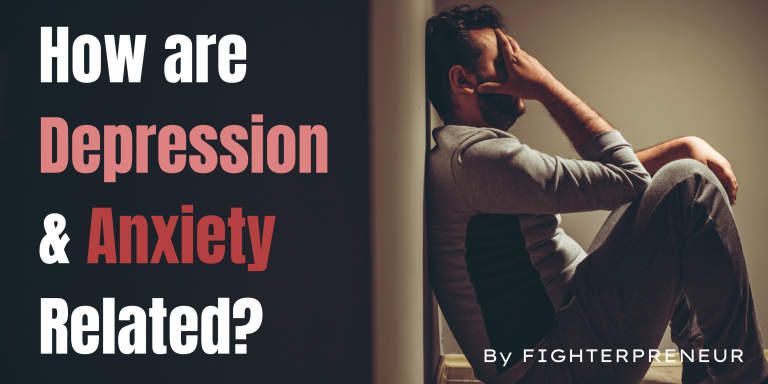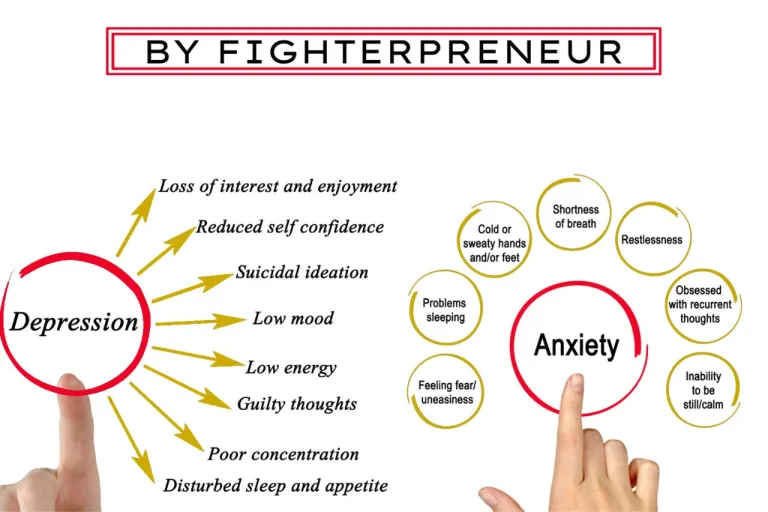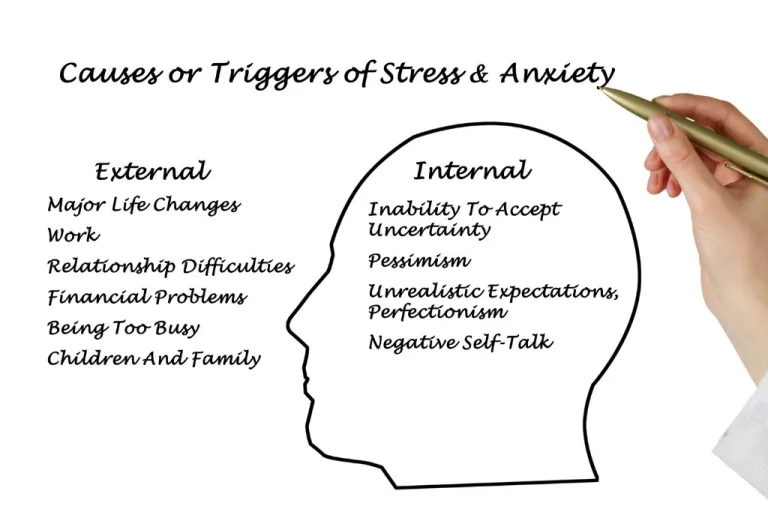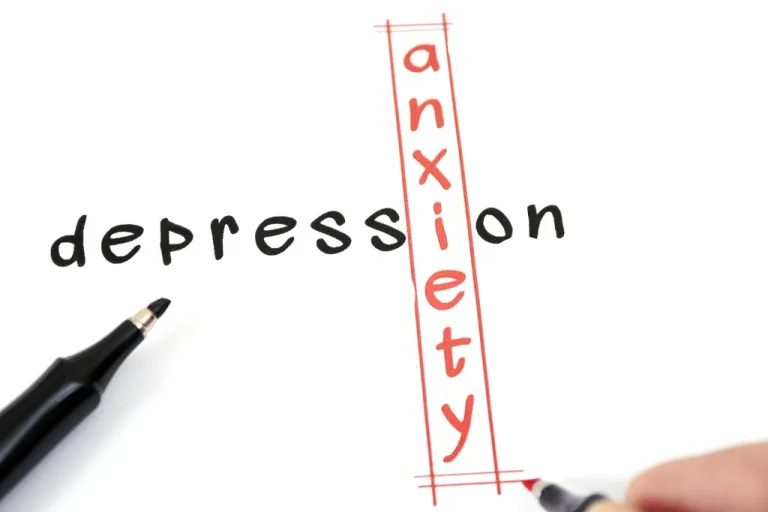
Helping Links
Subscribe & Get Yours Goal Setting Template for 2024
How are Depression and Anxiety Related
Depression VS Anxiety
If you ask someone about two common health problems, they are more inclined towards thinking about anxiety and depression. Although they are common, people struggle sometimes to determine the difference between these two. How are depression and anxiety related?
Anxiety and depression are two types of mood disorders. Anxiety creates a feeling of worry, dread, or nervousness while depression consists of a feeling of sadness, hopelessness, or anxiousness. Agitation and restlessness can also be symptoms of depression.
It is normal to feel anxiety or depression from time to time but when these feelings happen often and they interfere with your daily lifestyle, this might be a symptom of a disorder.
According to Watson D, Naragon-Gainey K.
“The relationship between these emotions—and their associated clinical conditions, anxiety disorders, and mood disorders—is complex and somewhat idiosyncratic“.

Symptoms
Symptoms of depression tell us that it affects how you feel in general. When you are depressed, you may feel like
- loss of interest in things you enjoyed once
- lack of energy in yourself
- sleeping pattern disorder
- eating habits are changed
Also, there are major suicidal thoughts if you have a depressive disorder. Worry and fear are a normal part of your life. But when these feelings occupy most of your head and do not go away, they can be signs of anxiety disorder. During anxiety issues, you may often feel
- continuous worries
- cranky or on edge
- Lose control of your own.
How To Diagnose
It is normal if you become hopeless and sad normally for a few hours but if it continues for days or weeks, it is a thing to ponder about. If you have continuous depression mode and insomnia, you might think about having a depression disorder.
If your thoughts are bottling up and causing you trouble concentrating and your feeling of guilt and worthlessness has undoubtedly increased with every day passing, you need to consider a doctor for this. For your symptoms to be considered depression, you have to have them almost every day for at least two weeks.
People with anxious distress often feel occupied and are easily fatigued. Muscle tension becomes a part of almost your day-to-day life. If you’re deeply afraid of doing something and feel that something bad is going to happen, you might need intensive treatment.
Let a doctor or mental health professional evaluate you to see if your symptoms meet the criteria for depressive disorder or anxiety disorder.

How are Depression and Anxiety Related
Although depression is considered a low energy state while anxiety is generally considered a high energy state, they are more closely related to each other. A depressed person often experiences a lot of anxiety, possibly to the extent of having a panic attack.
Anxiety disorder caused terrifying fear about the things in people they wouldn’t think twice about. Many people with anxiety disorders are fully comprehending that your thoughts are irrational, but they still can’t control them. This fear of loss of internal control haunts them which paves a path towards their entry into the depression phase.
Sally R. Connolly, a therapist says that:
“When you get anxious, you tend to have this pervasive thinking about some worry or some problem. You feel bad about it. Then you feel like you have failed. You move to depression.”

Cure for Depression and Anxiety
It is very common if you feel low or sad or anxious or any combination of the above on occasion. Who is the best person to recognize that it’s typical for you? It is you. If you start to experience something new and uncomfortable feelings that change your energy and motivation other than unusual symptoms, it is best to connect yourself with a mental health professional for more guidance.
It is also normal if you start helping yourself and start moving on a personalized route. Questioning yourself on this issue and why you are changing and often feel restless or on edge might also help. This cycle of dark, unwanted, and fearful thoughts seems to stop if you start wondering and aim to stop it.
You may also manage anxiety and depression without medication if you allow yourself to feel what you’re feeling. Have control of yourself and maintain a routine. Reach out to loved ones and start eating healthily. Adopt healthy hobbies and make time for proper relaxation.
Medications will also cure your depression and anxiety but you have to motivate yourself to create and follow a healthy path towards a healthy lifestyle.
What to Do When Have Both?
It is quite possible that one can have both. According to a worldwide survey in 2015
41.6% of people reported both having major anxiety as well as depression in the same year.
Although anxiety and depression are different you can have both at the same time. Many mental health experts recommend journaling because it can improve your mood and also manage the symptoms of anxiety and depression. Studies also support this idea and suggest that journaling is good for your mental health.
Fixing a proper therapy session with a doctor or mental health professional will also help you fight your depression and anxiety. If you have both anxiety and depression, it is quite fearful and disturbing. But small steps always have big impacts.
Every day this disorder is different so it is better for you if you take your mental health seriously and accept that where you are right now isn’t where you’ll always be.
Once you are diagnosed with both of the disorders, instead of neglecting yourself more, accept all the help that you get from others.

